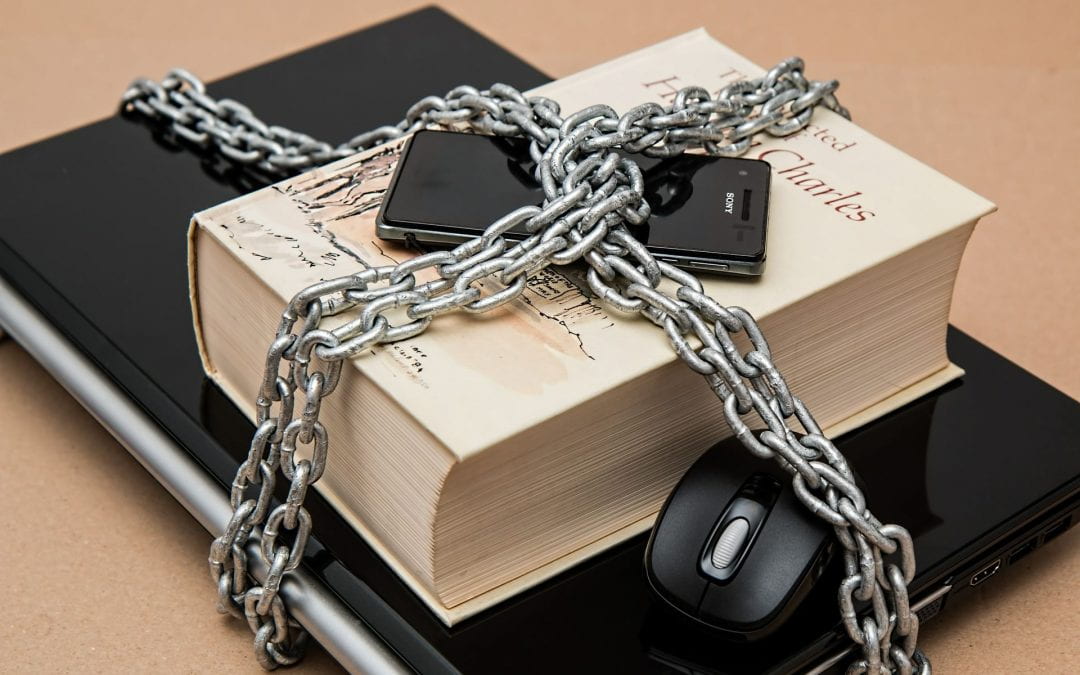Book banning has become a hot button issue recently. The latest high-profile case of book banning in America happened in Tennessee, where the McMinn County Board of Education voted to remove the Pulitzer Prize-winning graphic novel Maus from their eighth-grade Holocaust unit for swearing and nudity—a move that has drawn the ire of many. As concerning as the banning of Maus is, it is only one part of an increasingly prevalent problem in the United States.
Last fall, the American Library Association reported that it received an “unprecedented” 330 reports of book challenges in that period. Some of these book challenges included multiple books at once. Christopher M. Finan, executive director of the National Coalition Against Censorship, has said that he hasn’t seen so many challenges against books since the 1980s.
Not only has the frequency of attempted book banning increased, but the tactics used to target books have escalated as well. Conservative groups have moved from complaints to local libraries and school boards to law enforcement and political races, sometimes venturing legal charges against librarians and teachers.
Multiple conservative politicians have used book banning to garner political support recently, from governor of Virginia Glenn Youngkin’s ad campaign about banning Toni Morrison’s Beloved to Gene McGee, the mayor of Ridgeland, MS attempting to withhold $110,000 of funding for the Madison County Library System until books with LGTBQ themes are removed.
Britten Follet, the chief executive of content at Follett School Solutions—one of America’s largest book providers for K-12—said, “The politicization of the topic is what’s different from what I’ve seen in the past. It’s being driven by legislation, it’s being driven by politicians aligning with one side or the other. And in the end, the librarian, teacher, or educator is getting caught in the middle.”
The most targeted books focus on race, gender, and sexuality. In an age where social media has become increasingly prevalent, conservative parent groups now have access to curated reading lists highlighting diverse authors and topics, using them as grounds for banning books rather than supporting them. Right-wing groups bring spreadsheets full of titles shared amongst themselves to their libraries and schools and demand the books be banned. These parents are claiming parental rights; that they should have authority over what books their children can (and can’t) check out. Other parents who are against banning books claim that taking away books their children might want to read infringes on their own parental rights, especially since many libraries already have systems in place to stop students from checking out books their parents disapprove.
Publishers may have to be increasingly ready to defend their authors and books, particularly for the growing market of children’s books that address serious topics like race, gender, or sexuality—or even include characters of color or LGBTQ characters at all.

